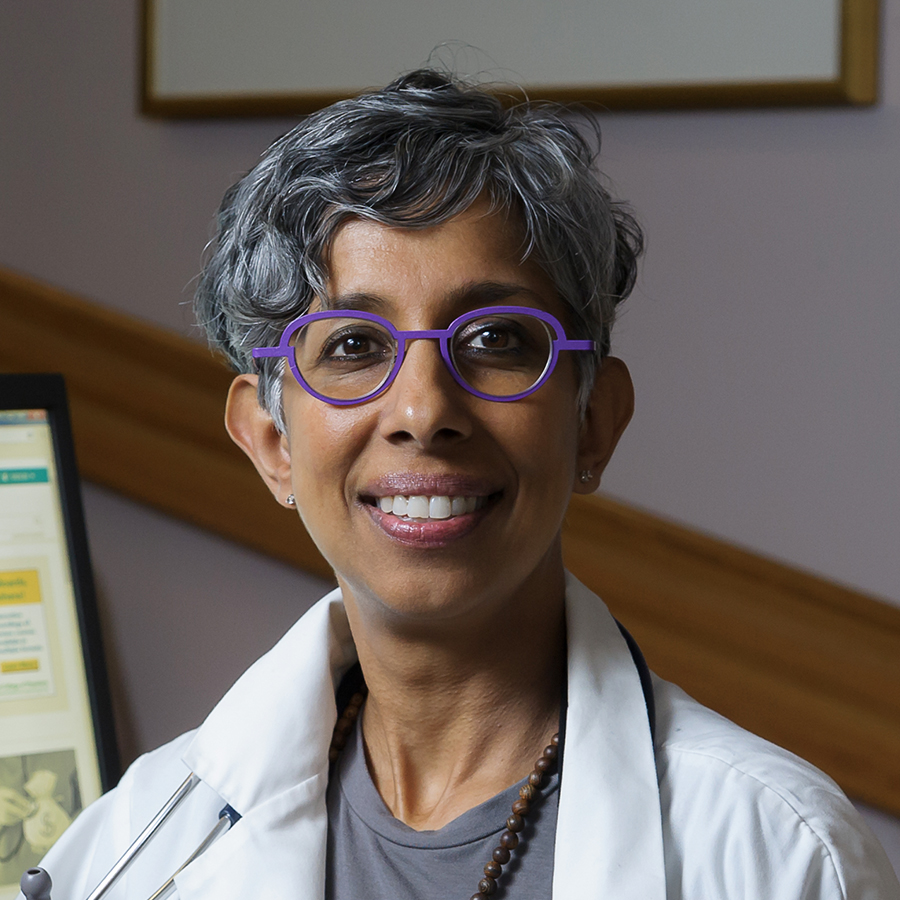Why do some people infected with the virus that causes COVID-19 get severe disease while others have no symptoms? Why do some experience long-term effects and others recover quickly? These are some of the questions that a new study, launching this week at St. Paul’s Hospital, aims to answer.
The study is part of the Canadian COVID-19 Prospective Cohort Study (CANCOV), a cross-Canada effort that will pool data from over 2000 participants with sites in six provinces including St. Paul’s Hospital in B.C.

Led by CHÉOS Scientist Dr. Anita Palepu, the B.C. arm aims to enrol 500 people in who test positive for COVID-19, or who recently tested positive. This includes people who were never hospitalized, as well as people who were hospitalized or admitted to the ICU.
Participants in the study will be followed for up to three years after their initial infection, making CANCOV the first study in Canada to explore long-term outcomes of patients across the spectrum of COVID-19 severity.
“We are using a wide range of standardized measurements in this study including cognitive function, mental health, clinical factors, sociodemographics, biomarkers, and multiple ‘omics’,” said Dr. Palepu.
“Omics” is an umbrella term that refers to several fields of study, like genomics, metabolomics, and proteomics. This detailed information allows scientists to look at the underlying biology related to a disease and catalogue how biological processes interact within each individual. This wide-lens approach means that the researchers will be able to explore the impact of COVID-19 on different systems throughout the body as well as how a person’s unique traits affect their disease trajectory.
“This is really a novel disease so we don’t know what the long-term outcomes are for different people. While this is primarily a respiratory disease, we are seeing effects in the brain, heart, lungs, GI tract, and kidneys,” explained Dr. Palepu. “We are also noting functional changes after COVID-19 infection in things like mental acuity and physical exercise capacity.”
Overall, the information collected through CANCOV will help researchers determine the factors that contribute to the variation in the effects of COVID-19, both as an acute and chronic health concern.
In the study, the most seriously ill participants will undergo more extensive testing, but data will be collected on the same schedule for all participants so researchers can compare results between the varying severities of infection.
“We also aim to link the data collected during the study to health records from Population Data BC,” said Dr. Palepu. “This will allow us to create a cohort to look at people’s medical care usage into the future to further understand the long-term effects of COVID-19.”
Dr. Palepu and her team are now recruiting patients during hospitalization, from the Post-COVID-19 Recovery Clinic at St. Paul’s Hospital, and from the community.
“People who have had COVID-19 who are interested and want to contribute to our understanding of the disease, including patients who received care at other hospitals, are welcome,” said Dr. Palepu. “We are so grateful for participants’ time and generosity to help us learn and allow us to be in a better position to respond to the next pandemic.”
CHÉOS Project Managers Shoshana Parker and Tara Martin are providing support for this study. Dr. Palepu is a Professor, Eric W. Hamber Chair, and Head of the Department of Medicine, UBC and Providence Health Care.
If you are interested in participating in this study, please email CANCOV.BC@cheos.ubc.ca or call 1-866-622-6268.



